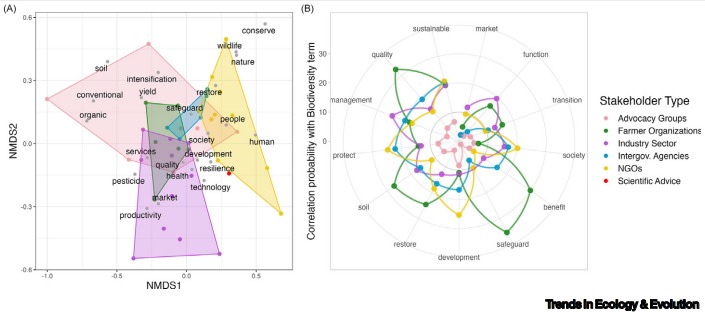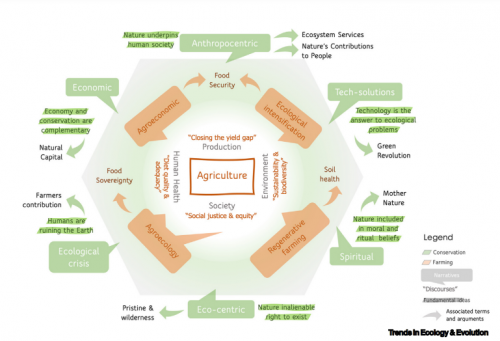A newly published study, funded by SHOWCASE and composed by project partners from the Spanish National Research Council and Wageningen University, examines the communication challenges and strategies associated with promoting biodiversity conservation within agricultural contexts, aiming to bridge the gap between scientific evidence and practical implementation in farming practices. Aligned with one of the project’s goals - to evaluate existing narratives and communication strategies related to biodiversity conservation and agriculture - the study emphasises the importance of effective narrative-building for scientists within communication science. When scientists fail to effectively communicate the implications of their evidence, other stakeholders become influential in shaping the discourse. Therein lies the importance of this paper since, to enhance societal impact, scientists need to comprehend the intricate communication landscape and adopt an informed and strategic stance.
Promoting practical and operational biodiversity-friendly farming requires scientists to collaborate with other stakeholders and nonscientists to create effective communication and tailor clear and inspiring messages that connect with various target audiences, including farmers, agribusinesses, retailers and consumers - crucial in influencing societal impact. Another crucial element in making a societal impact is understanding the communication complexity in conservation farming, resulting from different stakeholders' stakes in varying narratives. This can be done by considering the target audience’s worldviews, engaging with stakeholders, especially through involving farmers in the communication process and developing one’s own communication strategies. By identifying prevailing narratives, using "biodiversity" as a boundary concept and creating their clear narratives, rather than presenting facts and figures, scientists can navigate the complexities of impactful communication in biodiversity-friendly farming.

Figure: Stakeholder positioning in the communication environment
The study analyses Europe's biodiversity conservation in farmland by reviewing 5988 digital press releases and news texts from 40 farming-related European organisations. Results found distinct narratives from environmental NGOs, the agri-industry sector and advocacy groups, while farmers have a middle-ground position and focus on functional aspects. Anthropocentric arguments for biodiversity conservation are common among scientists, but farmers practising high-input farming often do not benefit economically from biodiversity conservation measures. Thus the communication should be strategically designed to effectively reach targeted audiences. Farming stakeholders frequently employ the term biodiversity in their communication, framing it in contrasting ways. Nevertheless, most stakeholders view biodiversity positively, which can serve as a boundary concept that brings stakeholders together, facilitates information sharing and enables cooperation.
Read more about different narratives and how scientists should effectively communicate here.
Photo: Figure from study showing the conceptual framework of the biodiversity conservation and farming narratives.
